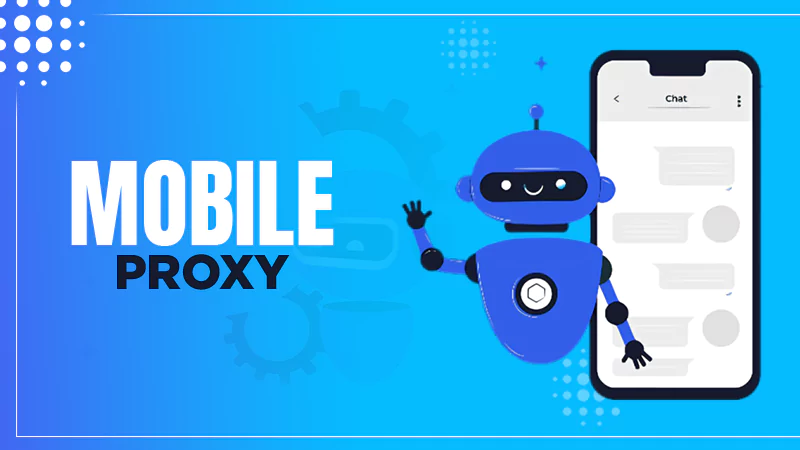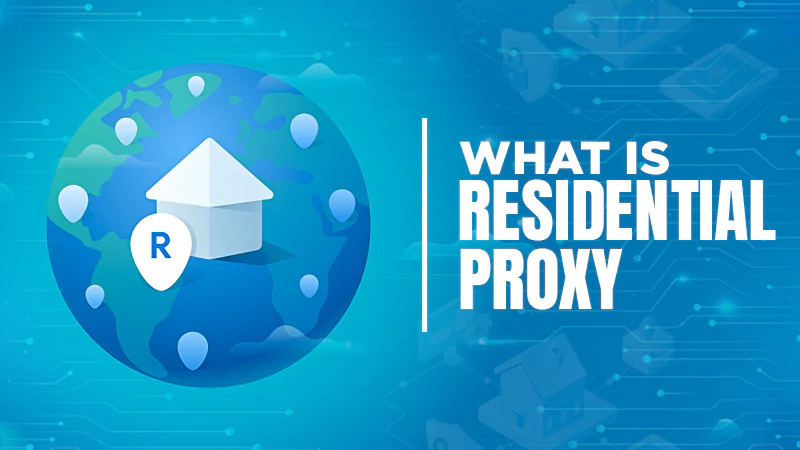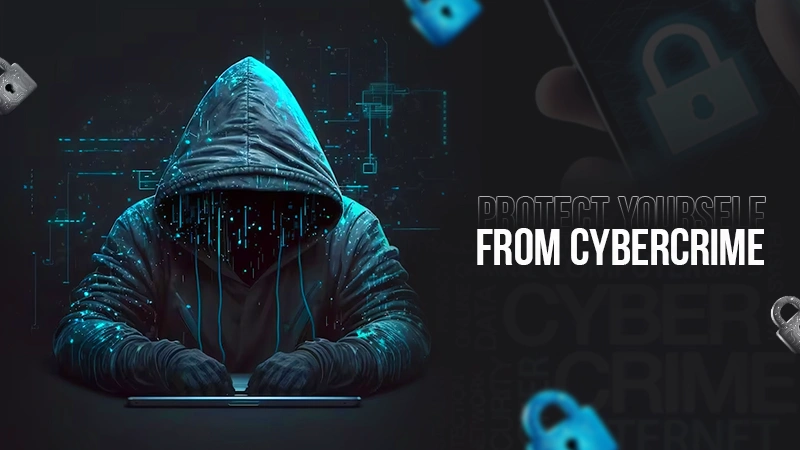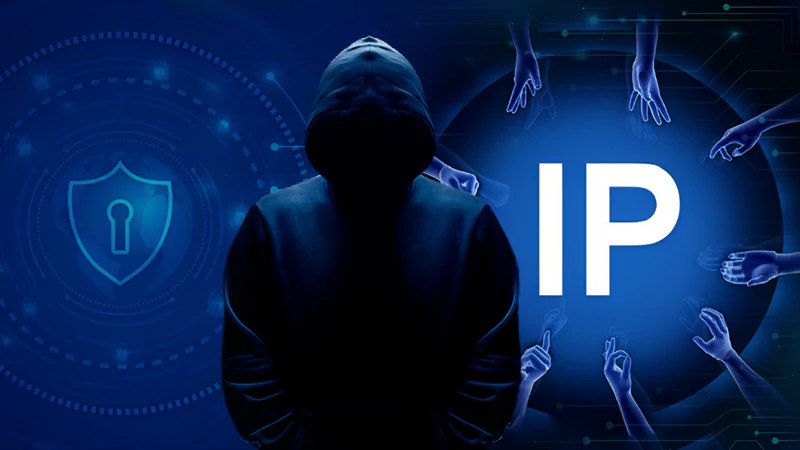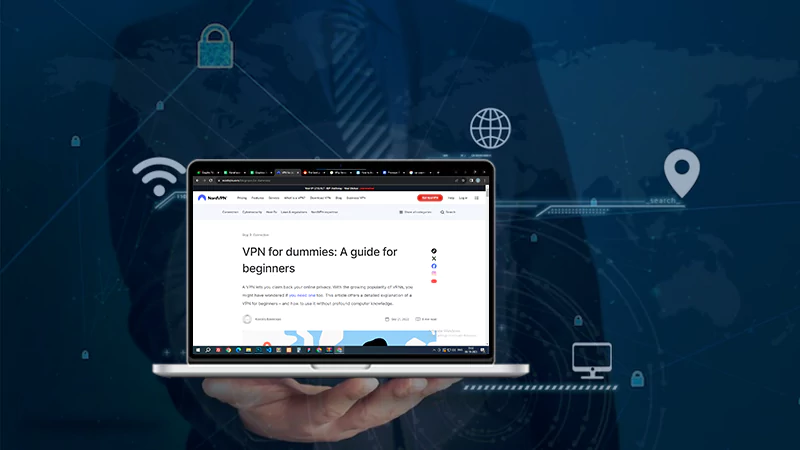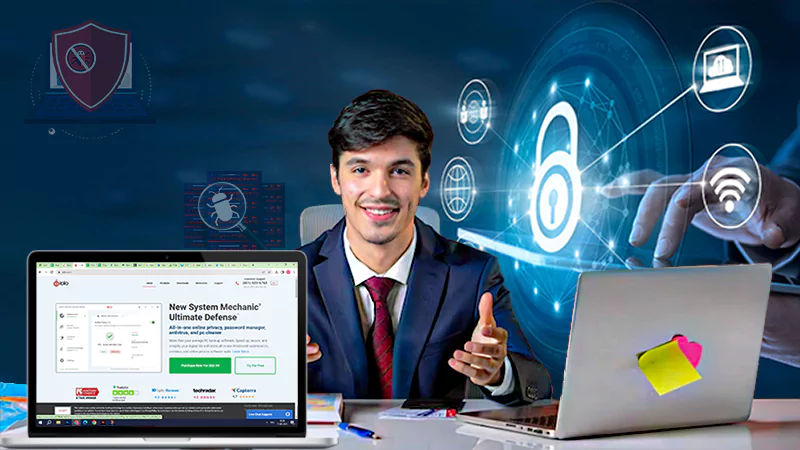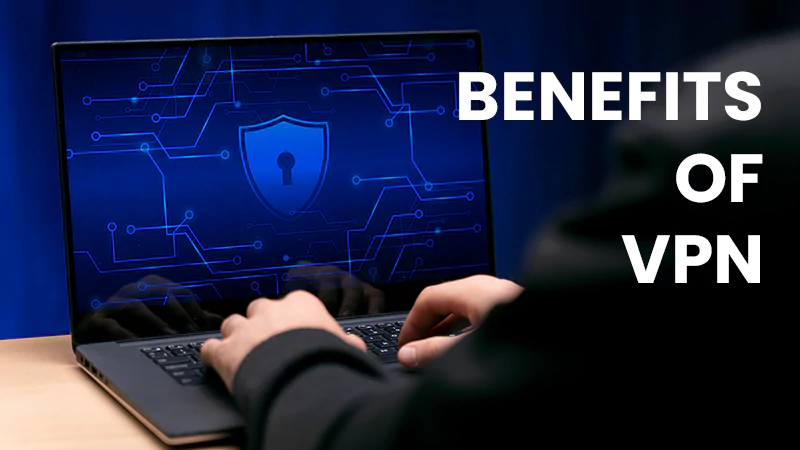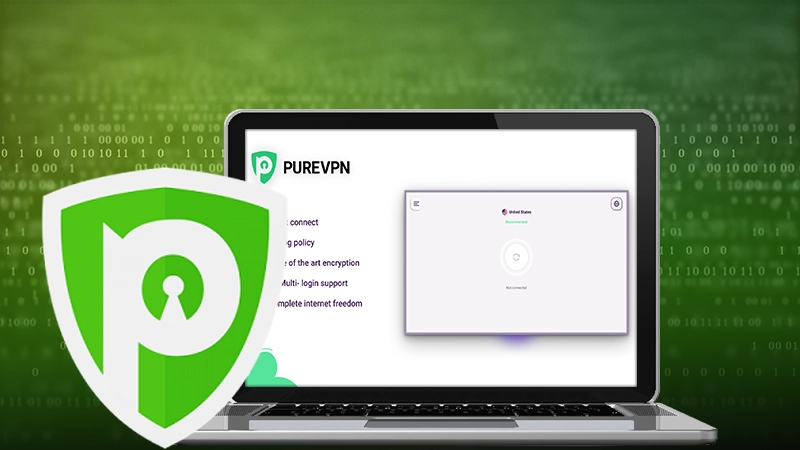Should You Download a VPN to Do Your Banking?
If you’re like most people, you don’t visit the bank once a week to sort out your finances. You probably hop online to check in on your bank account whenever you feel like it.
And why wouldn’t you? The old-fashioned way of visiting a branch takes time and effort when most of us our low on both. Now you can boot up your computer to pay bills or apply for a personal credit line from the comfort of your own home, as long as you have the Internet.
Broadband connectivity makes it easier and more convenient than ever before to manage your finances online. But for all this to work, you need to share confidential information over the Internet. Depending on how you send this data, you may be vulnerable to cyberattacks.
Can a VPN protect you? Let’s find out.
Virtual Private Network (VPN): A Definition
A Virtual Private Network (VPN) is an application that runs on your smartphone or PC whenever you browse the Internet. It encrypts data that your device sends when you connect to your router or free Wi-Fi.
A VPN scrambles your online activity so that any unauthorized users trying to look at or use your data can’t access your information.
What Information Do You Need to Scramble?
Any time you go online, you’re sharing personal information. Websites and apps collect your Internet Protocol (IP) address, cookies, and computer system info. Some even gain access to your device’s microphone and camera or the data stored on your hard drive.
What gets shared also depends on what you get up to online. When managing your online checking account or line of credit, you’ll send financial data over your network to your financial institution’s servers.
Depending on what you’re doing, this info might include:
- Contact information
- Account numbers and details
- Login credentials
- Social Security Number
Legit online direct lenders will invest in robust security to ensure they collect and store your data safely. But a VPN act as a second line of defense by scrambling and redirecting your information before it reaches your financial institution.
Read to Know How to Set and Forget: Automate AdGuard VPN on Any OS
What are the Benefits of Using a VPN?
A VPN can help you in a couple of ways:
- It Strengthens Any Network. Whether you share a secured network with roommates or pilfer-free wireless from your local café, anyone using the same network can hijack the connection and spy on your activity. You can feel better about browsing anywhere when you have a VPN scrambling your data.
- It Prevents Your ISP from Spying. Even if you trust everyone on your secured network, you may still be at risk. Many Internet Service Providers (ISPs) in the U.S. track their customers’ browsing histories. Some store it for their internal records. Others sell it to third parties to make some money on the side. And since you can’t vet these third parties, you may be vulnerable to fraud should the wrong company get involved. You can stop this exchange from happening with a VPN.
If you don’t use a VPN, someone on your network or even your Internet Service Provider (ISP) might be spying on you. And if they are, they can see all your banking info — from paying bills to borrowing loans online.
If that doesn’t sound like something you want, consider scrambling your data with a VPN. The right app can join your online security toolkit.
Also, Read About: ExpressVPN and Its Popularity
What Is Mobile Proxy And How Do They…
What Is Residential Proxy? Definition And Guide 2024
Protect Yourself from Cybercrime: Top 5 Smart Strategies…
Strategies for Cyber Success: Safeguarding and Managing Your…
Cybersecurity Course Online: Navigating the Digital Threat Terrain
Are You Being Spied On? 5 Reasons Why…
Fortifying Your Online Fortress: Unveiling the Best Paid…
The Imperative of Cybersecurity Integration in Front-End Development…
10 Tricks for Staying Cyber-Secure While Binge-Watching
Securing Your System: The Importance of Anti-Malware Software
Benefits of VPN for Enterprise Networks: Enhanced Security
PureVPN – The Best Streaming VPN

